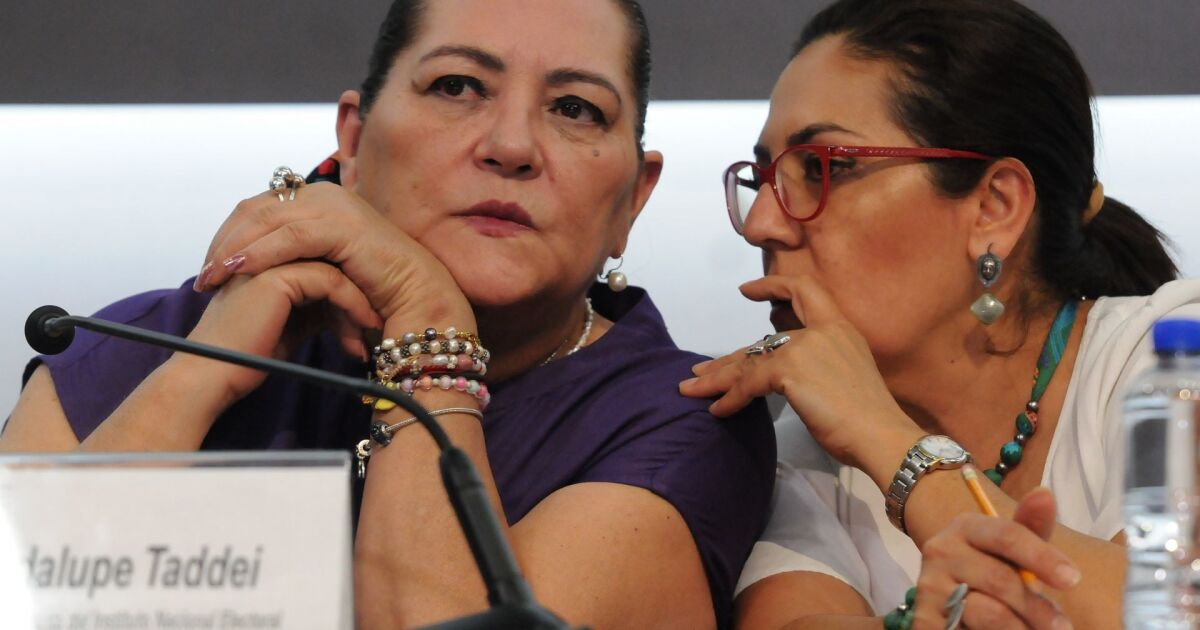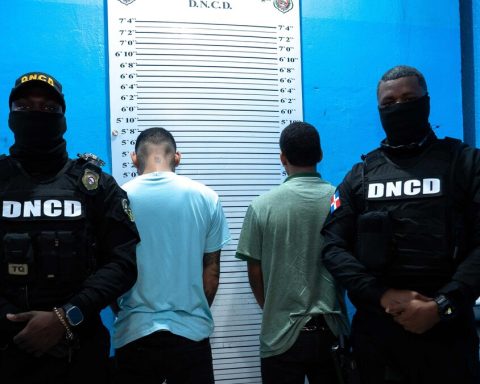What is the Zavala formula for determining pluris?
On Wednesday, the INE’s Commission on Prerogatives and Political Parties agreed, after reviewing the effective affiliation of winning candidates and verifying that a single party did not exceed 300 federal deputies by both principles, that none of them would exceed the limit of 8% of the votes obtained.
With these two requirements provided for in the Constitution, it was agreed that Morena would have 236 deputies in total, 77 to the PVEM and 51 to the Labor Party (PT), for a total of 364.
However, Councillor Zavala’s proposal basically consists of applying the constitutional provisions literally and mathematically.
Until now, the method has been to add 8% to the National Effective Vote (NEV) obtained by each party (subtracting votes from parties that did not reach 3%, invalid votes and votes for independent candidates) and thus determine the maximum number of seats that each party can have in the Chamber of Deputies.
“This is relevant, considering that percentages and whole numbers are not compatible figures,” he states in his writing. That is, to establish the 8% overrepresentation permitted by the Constitution, today 8% is added to the whole numbers of votes obtained.
The formula proposed is to obtain 8% of the VNE obtained by each party in the election and establish that as the maximum number of deputies to be reached in the distribution of plurinominals. That is, add the percentage of voting with the percentage of overrepresentation, both numbers being compatible.
This avoids a “distortion, producing a distribution of seats more proportional to the electoral strength of each political party, which is more compatible with the objectives pursued by this limit of overrepresentation.”
In his explanation, Zavala Pérez details the example of Movimiento Ciudadano, as it was the only one that competed individually.
“From his 6,495,521 votes we obtain the percentage corresponding to his national vote cast, which gives us a result of his percentage of national votes cast” and from this we obtain the figure of 0.9331%.
This result must be added to the original national vote cast, obtaining a result of 12.5972%, a percentage on which the maximum limit of seats in relation to the total of the Chamber will be determined.” The result of that 12.59% shows that the number of seats to be assigned to MC is 62.
“This, translated into votes, implies that Movimiento Ciudadano may be overrepresented by up to 519,642 votes, which is equivalent to up to 4 more seats, with respect to its percentage of national votes cast, which clearly corresponds to the maximum limit of 8% additional votes obtained at the polls.”
This formula establishes the limit of seats for each party based on its percentage of votes, plus the maximum limit of 8%, and will be reviewed to see if it is exceeded, taking into account effective membership (deputies who were affiliated with one party but are members of another).
With this review, the PVEM and Morena would exceed the 8% limit, the first by 10 seats, Morena by 34 and the PT by 15, which would be deducted from them.
“Therefore, they should be assigned 8 and 53 seats by proportional representation, respectively. In the case of the Labor Party, it would not be assigned seats by proportional representation, since, with its victories by relative majority, it exceeds the constitutional limit of 8% by 3 seats, being overrepresented by 9.67%, according to the limit of its VNE.”
Zavala admits in his writing that this is not the formula that has been applied until now, but it is consistent to consider the percentage of votes with the percentage of overrepresentation.
He also notes that both the Supreme Court of Justice of the Nation (SCJN) and the Electoral Tribunal of the Judicial Branch of the Federation (TEPJF) have issued various precedents “from which the duty of the electoral authorities to interpret the norms in this matter arises.”
“Given that the application of the formula in this case generates distortions never seen before, which seriously violate the human rights of voters by evidencing an inequality of the vote when assigning proportional representation seats, which in turn impact on a decrease in the principles of proportionality and pluralism, the obligation of this General Council to speak out on the issue arises,” he considers.
In the face of obvious violations of the right to vote, the State is obliged to intervene in order to safeguard and guarantee it in accordance with constitutional and international standards of protection under the principle of progressiveness of human rights, it states.

















